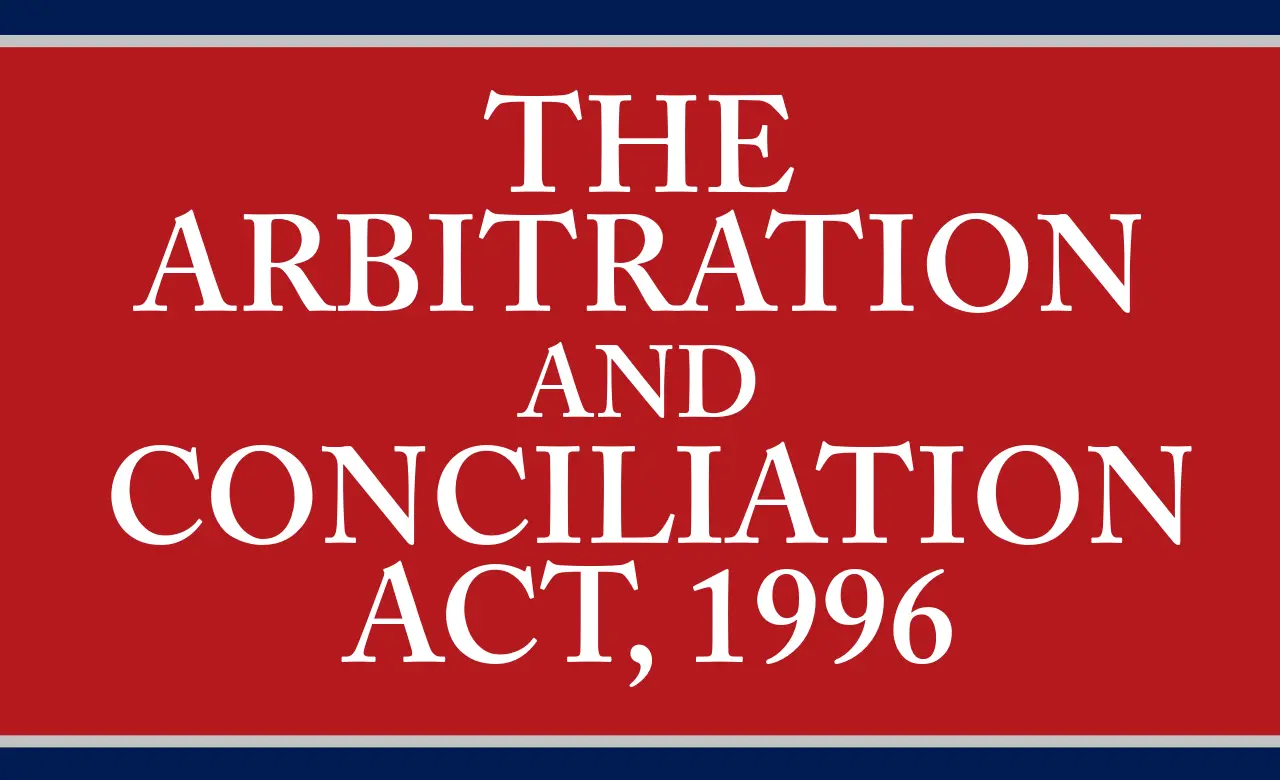Karnataka High Court’s recent judgment on stamping of arbitral awards during execution and its impact on enforcement.
In a significant legal development, the Karnataka High Court has addressed the issue of insufficient stamping of arbitral awards during the execution or enforcement stage. The Court’s ruling has shed light on the complexities surrounding the application of stamp duty to arbitral awards and its implications for decree holders.
Justice Sachin Shankar Magadum, presiding over the case of Shakeel Pasha and others v. M/s City Max Hotels, delivered a judgment on July 28, clarifying that penalties under the Karnataka Stamp Act cannot be imposed on arbitral awards lacking sufficient stamping during execution proceedings. The Court expressed concern that these obstacles often hinder decree holders from reaping the benefits of their hard-won arbitral awards.
Justice Magadum questioned whether arbitral awards should be considered “instruments” subject to stamp duty, noting that they are treated as decrees solely for the purpose of enforcement. He pointed out the absence of clear legal literature explaining the rationale behind subjecting arbitral awards to stamp duty.
Furthermore, the Court emphasized that it is not the Arbitration and Conciliation Act of 1996 but rather the State’s Stamp Act that mandates payment of stamp duty on arbitral awards. Failure to comply with this requirement may lead to the impoundment or inadmissibility of the award in court.
The Court also raised a crucial question regarding whether insufficient stamping of an arbitral award can be grounds for challenging the award under Section 34 of the Arbitration Act. To address this issue, the Court suggested amending Section 31(1) of the Act to mandate the proper stamping and, if necessary, registration of awards.
Despite these considerations, the Court made it clear that, at present, an award must be duly stamped for it to be acted upon by the court. However, it cautioned execution courts against imposing penalties under the Stamp Act on decree holders during the execution of arbitral awards.
The Court emphasized the need for the formulation of rules and mechanisms defining when and how arbitral awards should be stamped before execution. It stressed the importance of protecting the valuable rights of decree holders and maintaining confidence in the arbitration process.
In the case that prompted this ruling, an execution court had imposed a penalty on a decree holder for insufficient stamping of an arbitral award, with the stamp duty rate determined at the time of the petition to enforce the award. The High Court criticized this decision, reiterating that stamp duty should be assessed based on the award’s signing date. It also highlighted that the excessive penalty imposed by the executing court was unjustifiable.
The Court concluded by underscoring the necessity for swifter enforcement mechanisms in India for arbitration-related disputes. It argued that increasing expenses could discourage parties from opting for arbitration, which goes against the legislative goal of promoting arbitration as an efficient dispute resolution method.
